The SCGB helps support a number of neuroscience courses around the world.
 |
CAMP@Bangalore
Bengaluru, India Computational Approaches to Memory and Plasticity: We invite PhD students and Postdocs worldwide from all backgrounds to CAMP@Bangalore. At this intensive 16 day course, students will be trained in theoretical and computational modeling across different scales of space, time and complexity, involved in memory and plasticity in the brain. This flavour of CAMP will focus on synaptic plasticity. The course will have lectures, hands-on tutorials, and project work to launch students into the exciting field of computational neuroscience. |
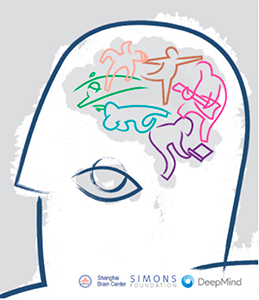 |
Computational and Cognitive Neuroscience (CCN) Summer School
Suzhou, China Designed to emphasize higher cognitive functions and their underlying neural circuit mechanisms, the course aims at training talented and highly motivated students and postdoctoral fellows from Asia and around the world. We welcome both applicants with quantitative backgrounds (including physics, mathematics, engineering and computer science) and those with experimental backgrounds. |
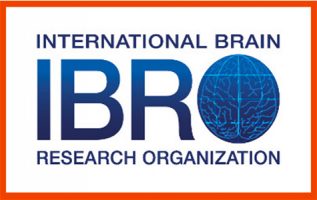 |
IBRO-Simons Computational Neuroscience Imbizo
Cape Town, South Africa This southern hemisphere summer school aims to promote promote computational neuroscience in Africa. It will bring together international and local students under the tutelage of the world’s leading experts in the field. Like its international sister courses, this three-week summer school aims to teach central ideas, methods and practices of modern computational neuroscience through a combination of lectures and hands-on project work. |
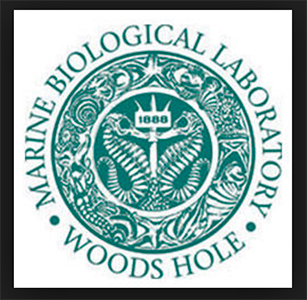 |
Methods in Computational Neuroscience
Woods Hole, Massachusetts, U.S. Methods in Computational Neuroscience introduces students to the computational and mathematical techniques that are used to address how the brain solves complex problems at levels of neural organization ranging from single membrane channels to operations of the entire brain. This course is appropriate for graduate students, postdocs and faculty in a variety of fields, from zoology, ethology and neurobiology to physics, engineering and mathematics. |
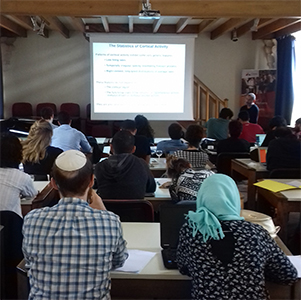 |
NeuroBridges
Cluny, France Decision-making is the cognitive process of selecting a course of action from a set of alternatives. Decisions can be sensory-based, perceptual-based, memory-based or social-based, depending on the cues and evidence available to the agent. The school will primarily consider the neural basis and computational principles underlying decision-making in sensory-motor tasks, in which the agent chooses from a small number of actions based on sensory and operant cues. Another objective of NeuroBridges is to bring together Mediterranean and Middle Eastern scientists to promote international scientific cooperation between young researchers from these countries. The organizers of NeuroBridges are convinced that such scientific collaborations can lead to personal relations that eventually may alleviate the political distress in the Middle East. |
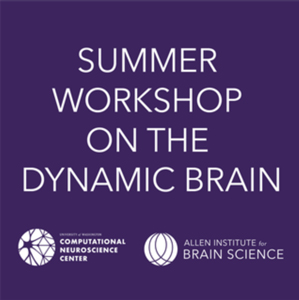 |
Summer Workshop on the Dynamic Brain
Friday Harbor, Washington, U.S. This intensive two-week, project-based interdisciplinary course aims to give advanced students in neuroscience, biology, physics, engineering and computer science a rapid introduction to the current state of understanding of the neurobiology of sensory processing, coding and neural population dynamics. In addition, the course makes extensive use of data science tools for team-based projects and computational tools for analysis of large-scale and multimodal neural data sets. |
 |
Neuromatch Academy
Neuromatch Academy is a three week online summer school launched in response to the current Covid-19 crisis, which shut down nearly every summer program in the world. The course aims to introduce traditional and emerging tools of computational neuroscience to trainees. Our student population ranges from undergraduates to faculty in academic settings and also includes industry professionals. Students have a diversity of backgrounds including experimental and computational neuroscience and machine learning. In addition to teaching the technical details of computational methods, we also provide a curriculum centered on modern neuroscience concepts taught by leading professors along with explicit instruction on how and why to apply models. |
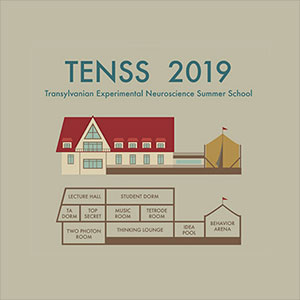 |
Transylvanian Experimental Neuroscience Summer School (TENSS)
Pike Lake, Romania TENSS concentrates top-level international expertise to teach a dozen students techniques and concepts in experimental systems neuroscience. We focus on modern optical and electrophysiological methods to study the connectivity and function of neuronal circuits. The course is designed to be intensive and highly interactive, including both lab sessions and theoretical lectures. |